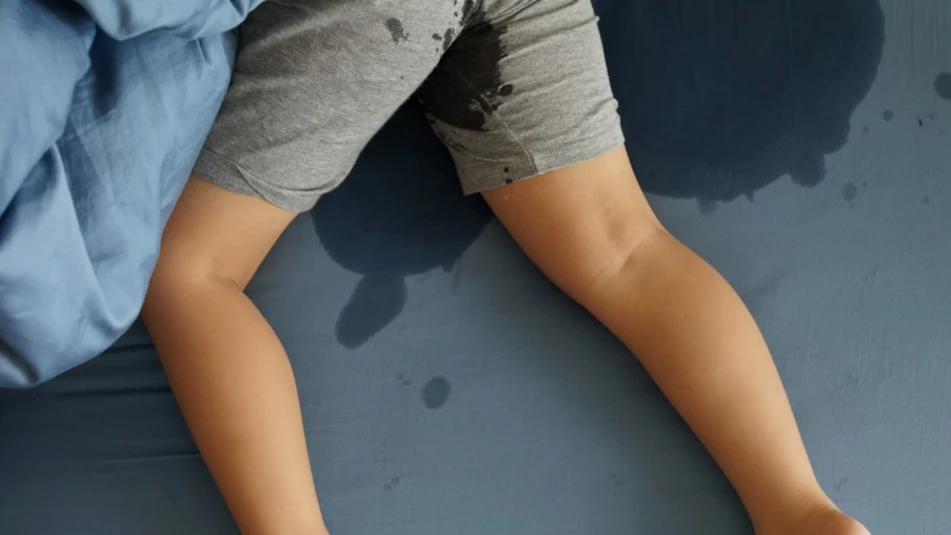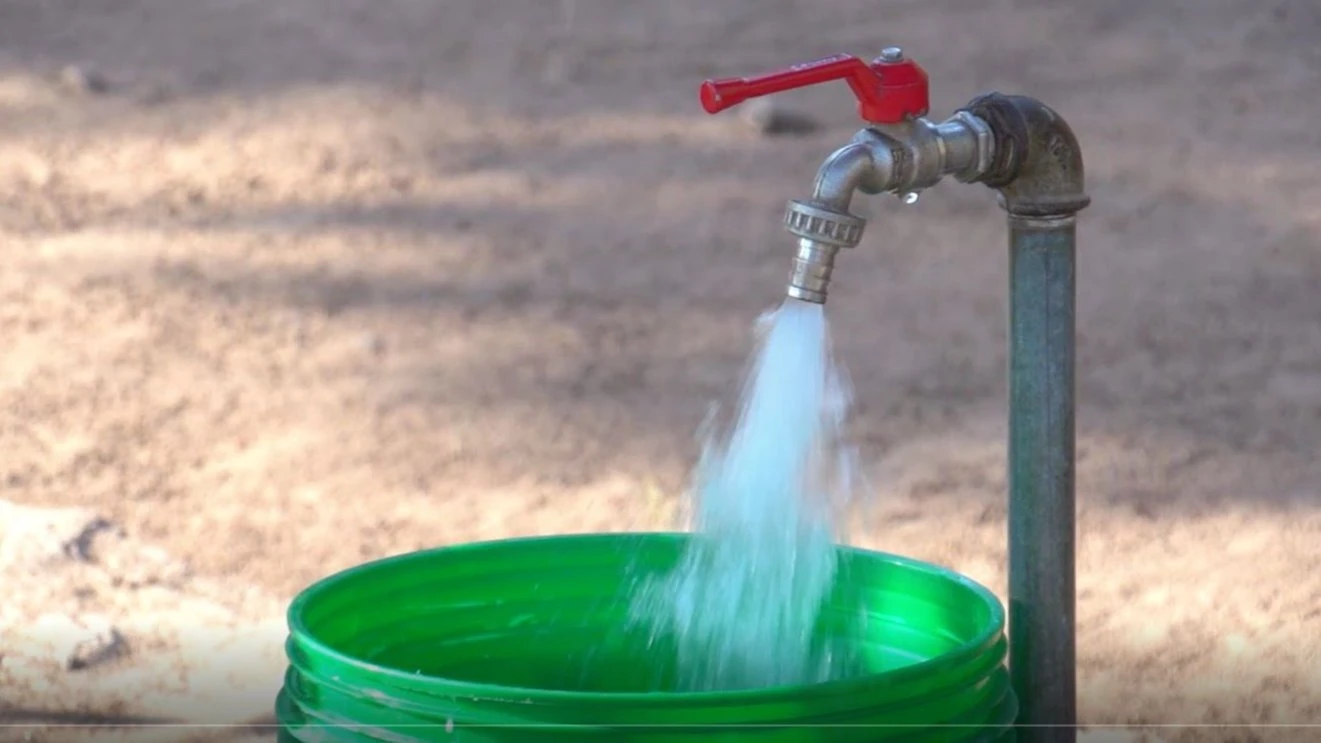Studies: Children with bedwetting need parental care, love, support

Although bedwetting (nocturnal enuresis) is a common physiological phenomenon in children and may stop when a child reaches a certain age, parents or caretakers are not happy when their child wets his or her bed when she is asleep.
The International Children’s Continence Society (ICCS) defines bedwetting as “involuntary urination during sleep in children aged 5 years or more.” So, it is unintentional, and so parents or caretakers who punish their children for bedwetting they just mistreat them for no reason.
“Effective Healthcare: Bulletin on the effectiveness of health service interventions for decision makers” (2003), suggests that “Genetic, physiological, and psychological factors, as well as delay in maturation of the mechanism for bladder control” are considered as causative factors.
In some families, parents or caretakers beat up or punish their children who wet their beds at night or during the day. Yet, no child would like to wet his or her bed, but it just happens that when he or she wakes up from sleep finds that he or she has already wetted his or her bed. Instead of being harsh to children with bedwetting, parents or caretakers must show parental care, love and support. Developing a positive attitude towards hem is better than turning against them.
Some studies suggest that normal bedwetting can happen from 0-5 years of age, but above that it can be indicative of an underlying problem. Other studies suggest that normal bedwetting can also happen among teenaged children. It is more embarrassing to a schoolchild especially when peers know about it. They may laugh at their friend and call him or her all names they can imagine. It can be a big challenge for a bedwetting child to go for a school tour or for scouting for a few days or when the child’s family visits relatives and friends where they can sleep for some time during holidays.
“This problem can be stressful for the parents and other family members. Feelings of the parents may range from worried to frustrated, sad to angry, and even tired. Children may be able to sense these feelings in parents. [They] may feel responsible for their parents’ reactions and for upsetting [other members of the family],” says Kimberly Sanborn in his paper titled “Nocturnal Enuresis in Children”. His study aimed at finding out the prevalence of bed-wetting in children aged 6-10 years and investigate parental knowledge and attitudes towards children who suffer from it. The author says bed-wetting at night is not considered “significant” until a child is older than six years of age and “has either established dryness and is experiencing a relapse as in secondary nocturnal enuresis or has never established dryness such as in primary nocturnal enuresis.”
In his findings the author says bed wetting was prevalent in boys (7-20 per cent) and in girls (3 per cent) ranging from ages 5-7 years old. “At age 10, the prevalence is 3 per cent in [boys] and [2 per cent] in [girls]. “Typically by the age of 15, most children have outgrown bedwetting. In most cases the cause of bed-wetting is unknown,” the author says. Sanborn says there is disagreement about the cause of bed wetting.
He says “theories range from genetic factors to biological factors, from premature toilet training to immature bladders, from sleep disorders to behavioural problems, and from hormonal factors to stress factors.” However, he suggests, a good first step in helping a child get through their bedwetting is to finding out more about their problem, including seeking medical advice. He stresses that there is treatment that can help parents and the child to cope with the problem until the child outgrows it, “but it takes a patient, cooperative, and supportive team (parent and child) to work through this condition.”
El-Azzab and colleagues in their paper titled “Early Childhood Psycho-trauma and Psychological Immunity among Children with Nocturnal Enuresis” and published in 2023 argue that children are frequently punished and predisposed to physical and emotional abuse and others have low self-esteem, are isolated, and perform poorly in class because of bed wetting.
Studies conducted in Australia suggest that when bedwetting does not get better, it is not your fault, but in this case it is good to see a specialist doctor. One of the recommendations El-Azzab and colleagues make is providing culturally appropriate psycho-educational programmes and useful technical curative strategies for families of children with a long-term bedwetting habit.
It suffices to say that children with bedwetting need parental care and love, so it is very important for both parents and caretakers to be mindful of this. Being harsh to children with bedwetting is contrary to good child upbringing. So, let us take care on how we raise our children lest we subject them to unnecessary embarrassment and suffering.
Top Headlines
© 2025 IPPMEDIA.COM. ALL RIGHTS RESERVED

























